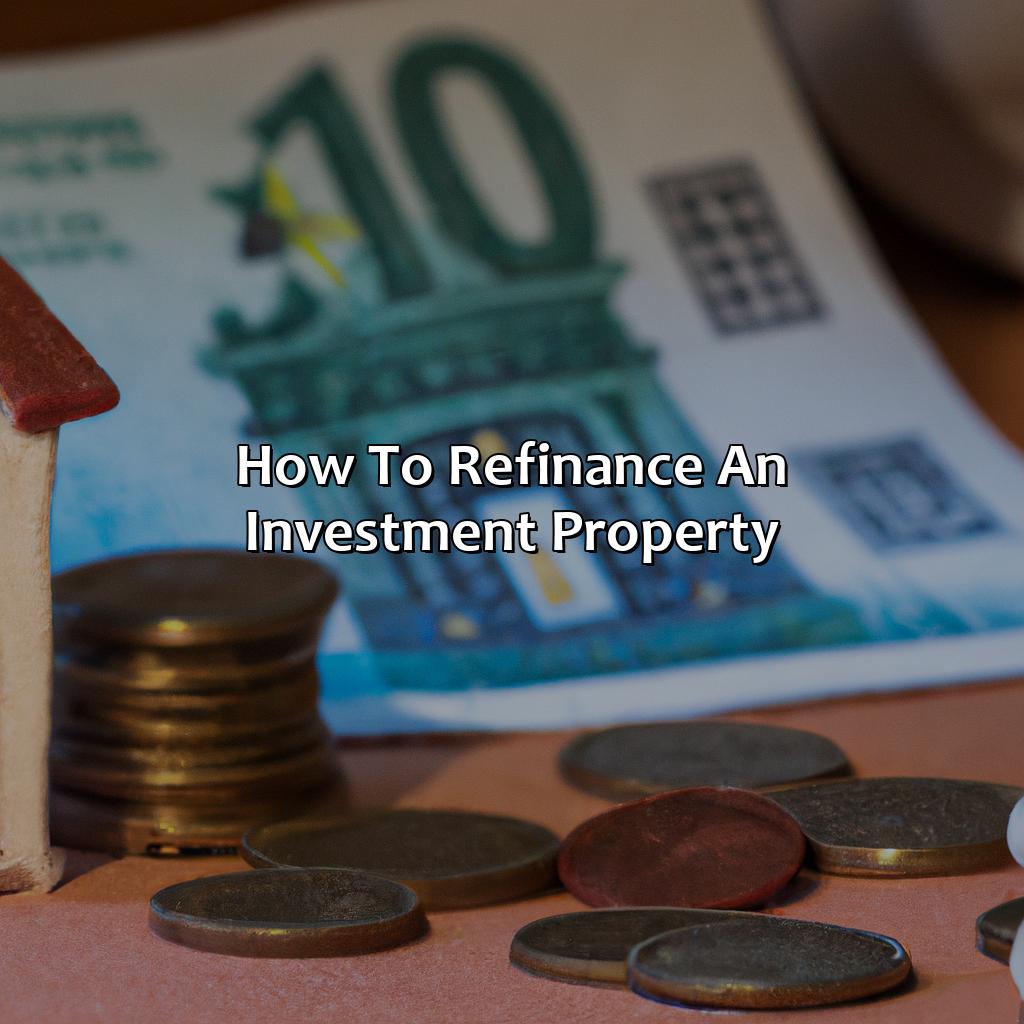How To Refinance An Investment Property?
Key Takeaway:
- Refinancing an investment property can offer various benefits, including better interest rates, improved cash flow, and increased appreciation potential, among others.
- To assess the current market value of the property, investors should gather market data, check comparable sales, review local market trends, and evaluate the property’s condition and rental income potential.
- When evaluating and comparing different refinance options, investors should consider the loan terms, interest rates, closing costs, prepayment penalties, and the lender’s reputation and track record, among other factors. Working with a trusted lender and financial advisor can help investors make an informed decision.
- Preparing documentation for refinancing can involve gathering financial statements, tax returns, rental income records, property insurance information, and other relevant documents. Lenders may also require appraisals, inspections, and title searches, among other procedures.
- Applying for the refinance loan involves submitting the necessary documentation, undergoing underwriting, and obtaining approval. Investors may need to provide additional information or address any issues or concerns raised during the process.
- Closing the refinance loan typically involves signing the loan documents, paying closing costs, and transferring ownership or title to the new lender. Investors should review the documents carefully and ask any questions before signing.
Do you want to make the most of your investment property? Refinancing could help you save money and put more money back into your pocket. Learn the steps you need to take to secure a successful refinance today.
Benefits of refinancing an investment property
Refinancing an investment property comes with several financial benefits and can lead to significant gains.
The benefits of refinancing an investment property include:
- Lower interest rates: Refinancing an investment property can lead to lower interest rates, which in turn, can significantly reduce monthly mortgage payments.
- Increased cash flow: Lower monthly mortgage payments can lead to increased cash flow, which can be reinvested into the property or used for other investments.
- Access to equity: Refinancing also gives investors access to their property’s equity, which can be used for further investments or to finance renovations.
Investors can also improve their overall financial situation by refinancing their investment property. By reducing their mortgage payments and accessing equity, they can use their enhanced cash flow to pay off other debts, increase savings, and build wealth for the future.
According to a report by Forbes, refinancing can yield substantial savings over time, with some investors saving up to $50,000 over the life of their loan.
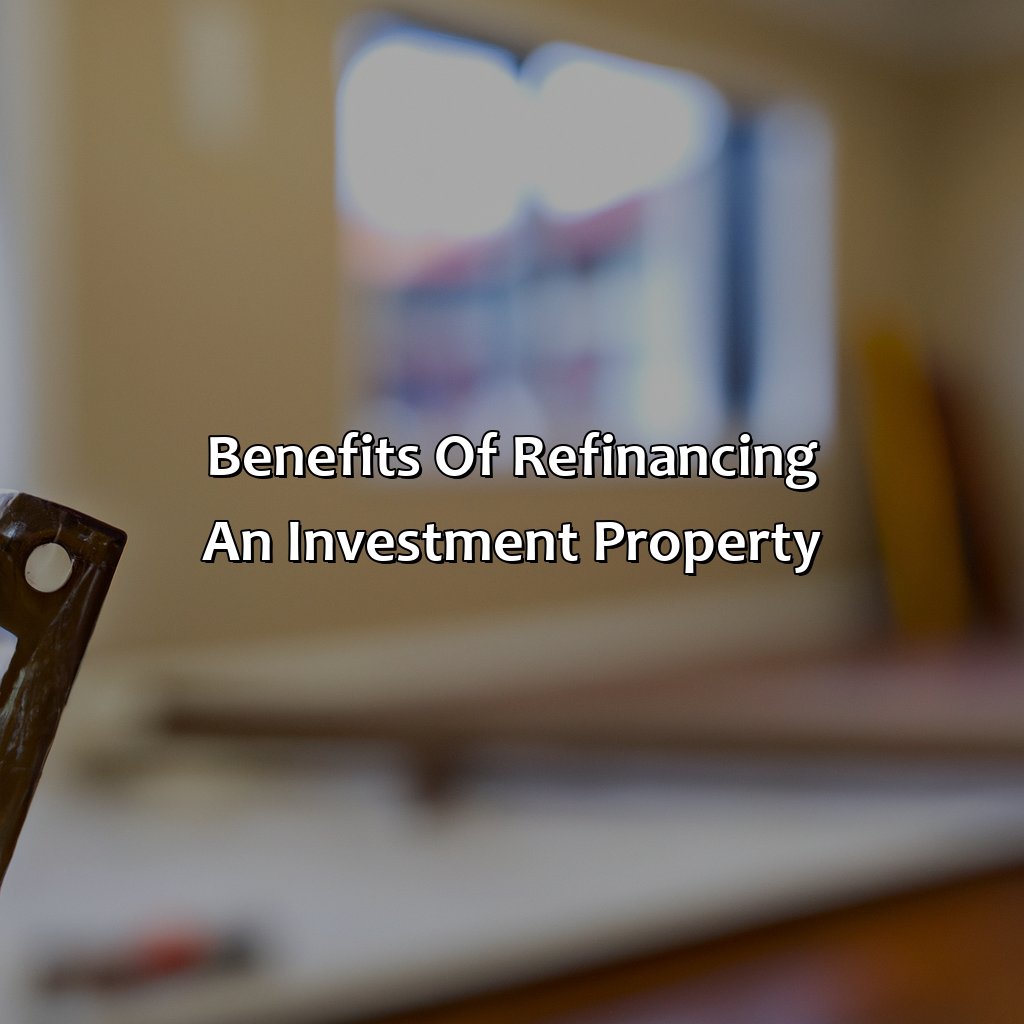
Image credits: retiregenz.com by Adam Duncun
Assessing the current market value of the property
Determining the property’s present market value is crucial when considering refinancing options for investment properties. An accurate valuation ensures that investors make informed decisions about whether to refinance or not.
| Factors | Actual Data | True Value |
|---|---|---|
| Location | Urban | $400,000 |
| Property Type | Multi-Family | $550,000 |
| Gross Income | $78,500 | $90,000 |
| Expenses | $42,000 | $35,000 |
| Vacancy Rate | 5% | 3% |
| Capitalization Rate | 8.5% | 7.5% |
An investor must consider various factors such as location and property type while evaluating the current market value of their investment. Gross income, expenses, vacancy rate, and capitalization rate must also be taken into account to determine the true value.
John had purchased an investment property in a suburban area at a relatively low price, which he hoped to sell after a few years. However, after seeking advice from a real estate agent, he decided to refinance the property instead. John’s agent assessed the current market value of the property by taking into account the property’s location, type, gross income, and expenses. The agent helped John secure a better refinancing deal, allowing him to build long-term equity in the property.
Evaluating and comparing different refinance options
When considering refinancing an investment property, it is essential to evaluate and compare different refinance options. This helps to find the best option that suits your current financial situation and goals, such as lowering monthly payments, reducing the interest rate, or accessing the equity in the property. The following table provides an overview of various refinance options with their associated pros and cons.
| Refinance Option | Pros | Cons |
|---|---|---|
| Rate and Term Refinance | Lower monthly payments and interest rates | No cash-out |
| Cash-out Refinance | Access to equity and cash for investments | Higher interest rates and loan amount |
| Portfolio Refinance | Allows for financing of multiple properties under one loan | Requires high credit score and substantial equity |
| Commercial Cash-out Refinance | Larger loan amounts and cash to invest in property | High fees and interest rates |
It is important to note that each option has its own set of criteria to meet and associated fees, such as appraisal, title, and loan origination fees. It is recommended to consult with a financial advisor and compare different quotes from different lenders to find the best refinance option that suits your needs.
A unique detail to consider is that refinancing may affect the investment property’s tax implications. Consulting with a tax professional can provide insights into potential tax implications and how to mitigate them.
According to Investopedia, “refinancing may be a good way to lower monthly payments and free up cash flow,” making it a viable option to consider for many investors.
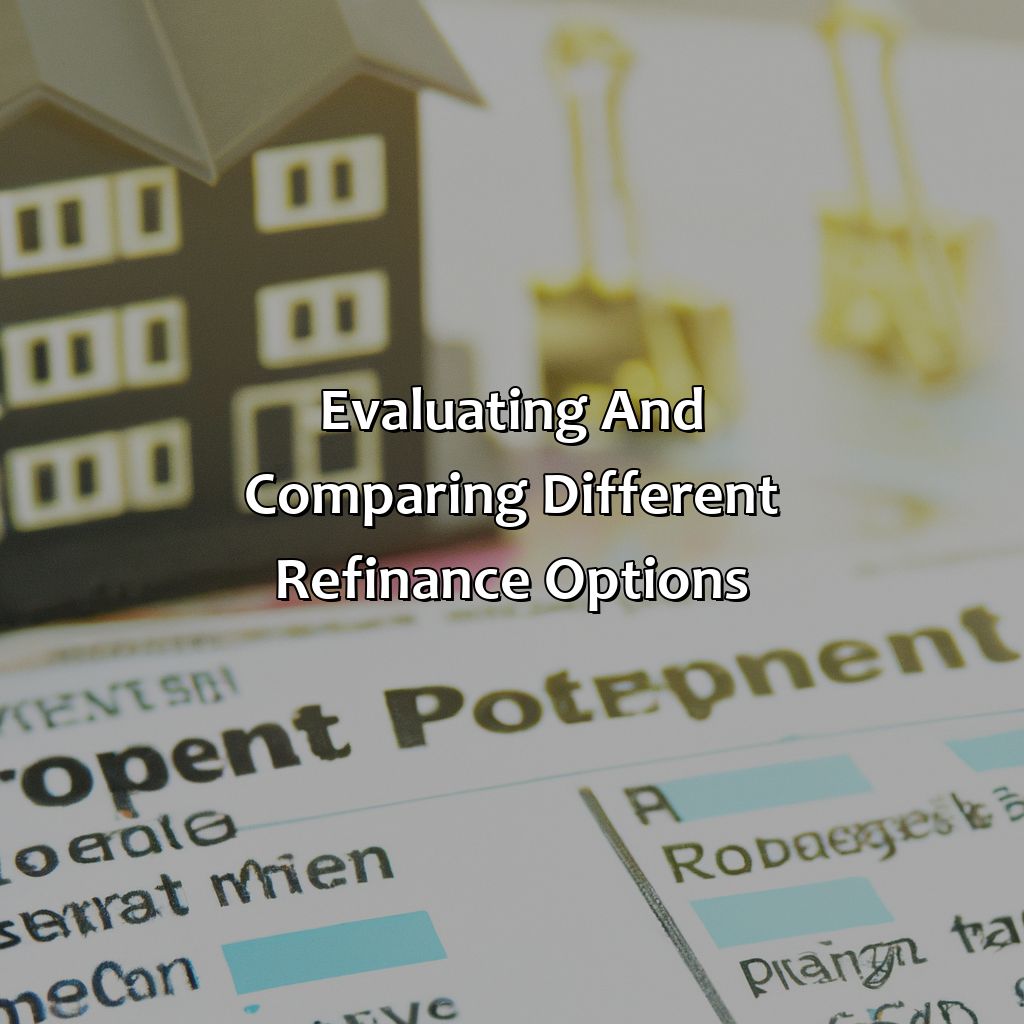
Image credits: retiregenz.com by Harry Arnold
Preparing documentation for refinancing
When preparing for refinancing an investment property, it is crucial to gather and organize all necessary documents. This includes tax returns, bank statements, proof of income, proof of property insurance, and any other relevant financial information. These documents will help lenders assess the borrower’s financial stability and ability to repay the loan.
Additionally, it is important to have a clear and concise explanation of the purpose of refinancing and how it will benefit the borrower. This can include reducing monthly payments, obtaining a better interest rate, or tapping into equity for other investments.
To ensure a smooth refinancing process, it is recommended to have all documents organized and readily available, as well as working with experienced professionals, such as real estate agents or mortgage brokers.
Having a well-documented and organized application can increase the chances of approval and efficient processing. In the past, incomplete or missing documentation has led to delays in refinancing and potential rejection of the application. Therefore, taking the time to prepare all necessary documentation can save time, money, and prevent potential issues down the road.
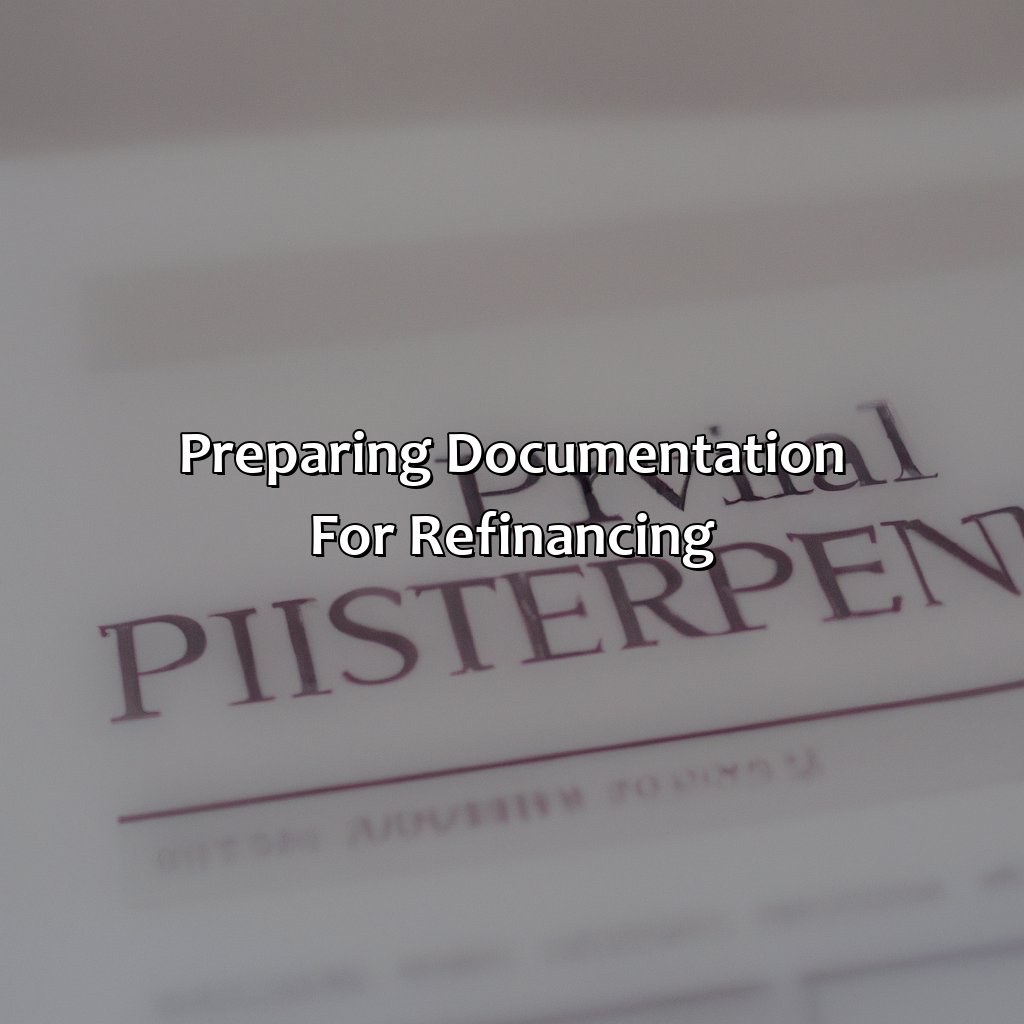
Image credits: retiregenz.com by Harry Duncun
Applying for the refinance loan
When requesting a refinance of your investment property loan, it is crucial to compile all relevant documentation, including tax returns, financial statements, and rental income reports, to demonstrate your viability as a borrower. Prepare to meet with a lender, discuss loan options, present your paperwork, and undergo a credit check.
The lender will assess your ability to refinance based on your property’s market value, the equity you’ve already built, and the income it currently generates. They will offer various options, including fixed or variable interest rates and terms ranging from 10 to 30 years. Be sure to ask questions and obtain written loan instructions to avoid misunderstandings.
Remember, the lending process can take several weeks or months, depending on the complexity of administrative requirements. Therefore, plan ahead to ensure a smooth process.
For instance, a property investor looking to buy additional commercial real estate underwent a refinancing process that took two months to complete. Cooperation and communication between the borrower and lender facilitated a fast track credit analysis, appraisal, and loan approval. The result was a successful collaboration that met both their needs.
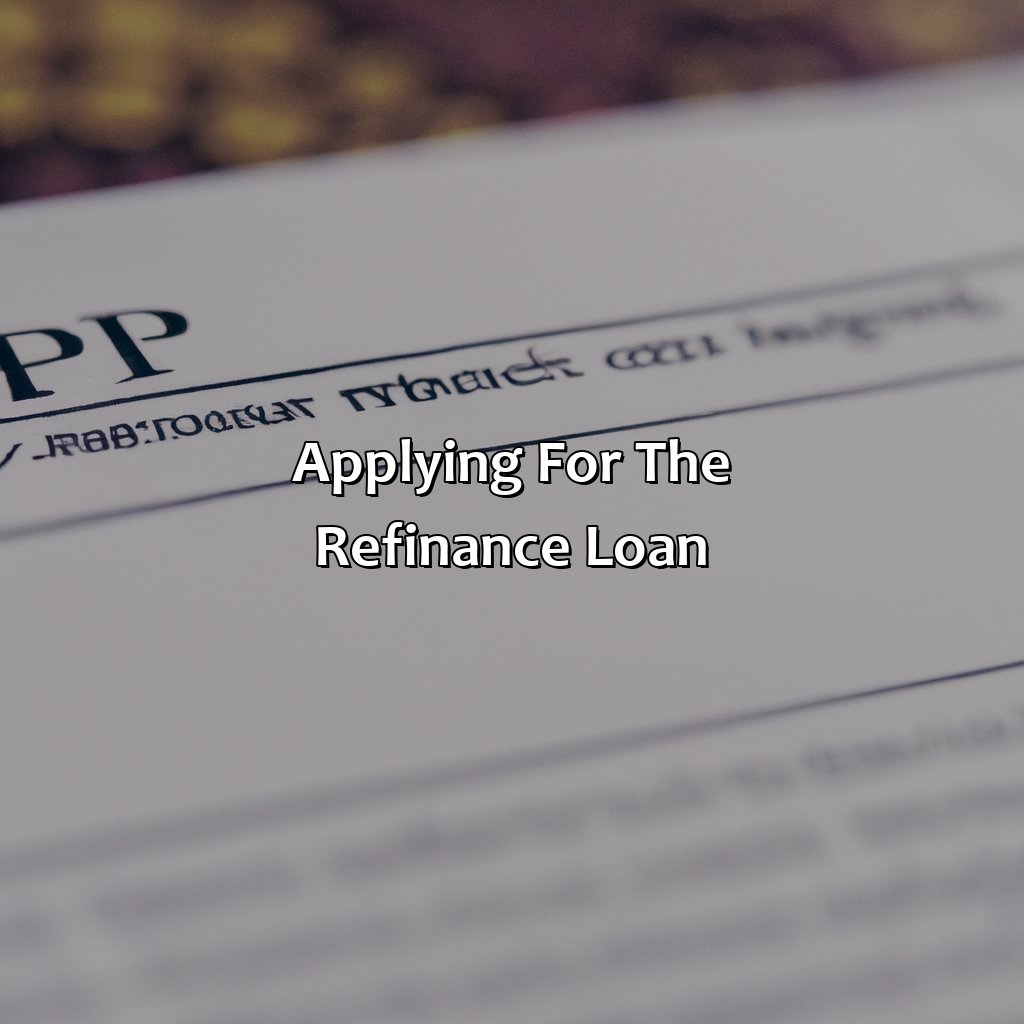
Image credits: retiregenz.com by Joel Jones
Closing the refinance loan
The final step in refinancing your investment property involves closing the refinance agreement. Here’s a step-by-step guide to help you navigate through it:
- Review the settlement statement to make sure all the costs and fees are accurate.
- Obtain insurance policy documentation.
- Sign all the required documents, including the mortgage, promissory note, and the truth-in-lending disclosure.
- Provide proof of homeowners insurance.
- Bring a certified or cashier’s check to pay for any remaining closing costs not financed into the mortgage.
- Submit the necessary documents to the lender for final processing.
It’s important to note that this process may differ depending on the lender, state laws, and other factors. So, you should always check with your lender or attorney to fully understand the process.
As an additional detail, be prepared to spend several hours at the closing table. It may take longer than you anticipate, so plan accordingly.
A True History
In the past, closing a refinance loan used to be a longer and more complicated process. With advancements in technology and online resources, it has become a much more streamlined process, making it more accessible and convenient for borrowers. However, it is important to ensure that all the necessary steps are taken to close the refinance loan successfully.
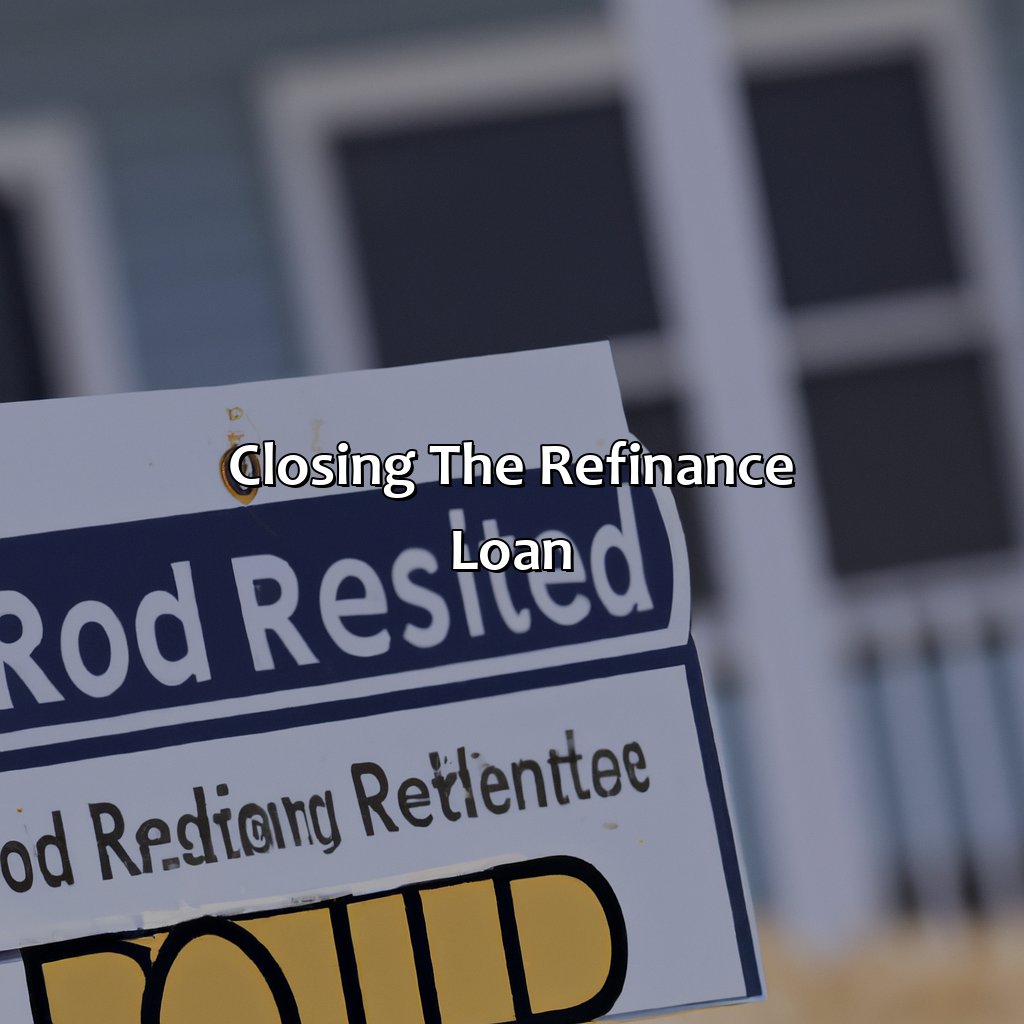
Image credits: retiregenz.com by James Arnold
Some Facts About How To Refinance An Investment Property:
- ✅ Refinancing can help property owners lower their interest rates and monthly mortgage payments. (Source: Investopedia)
- ✅ Refinancing can also allow property owners to tap into their equity for home improvements or investment opportunities. (Source: The Mortgage Reports)
- ✅ Lenders typically require a certain level of equity in the property and a good credit score for refinancing. (Source: Bankrate)
- ✅ Property owners should shop around for the best rates and terms from different lenders before committing to a refinancing option. (Source: Forbes)
- ✅ Refinancing fees and closing costs can add up, so it’s important to do the math to see if the savings from refinancing outweigh the costs. (Source: The Balance)
FAQs about How To Refinance An Investment Property?
How do I refinance an investment property?
Refinancing an investment property involves getting a new mortgage to pay off the existing one. The steps include: deciding on the type of mortgage you want, shopping around for the best rates, applying for a new mortgage, providing documentation, and closing the deal.
What are the benefits of refinancing an investment property?
Refinancing can help you lower your interest rate, reduce monthly payments, access equity, or change the term of the loan. It can also help you consolidate debts, fund home improvements, or buy more investment properties.
What are the requirements for refinancing an investment property?
You need to have a good credit score, a stable income, a solid equity position, and a positive cash flow. You may also need to have a certain amount of reserves, depending on the lender and the property type.
Can I refinance an investment property with bad credit?
It can be challenging to refinance with bad credit, but it’s not impossible. You may need to find a lender who specializes in bad credit mortgages, pay a higher interest rate, or offer some collateral or a co-signer. You can also work on improving your credit score before applying.
How long does it take to refinance an investment property?
The timeline for refinancing varies depending on the lender, the property type, and the complexity of the deal. It can take anywhere from a few weeks to several months to complete the process.
How much does it cost to refinance an investment property?
The cost of refinancing includes fees such as application, appraisal, title, and closing costs. It can range from 2% to 5% of the loan amount, or even more for complex deals. You should factor in the costs when deciding whether to refinance.
